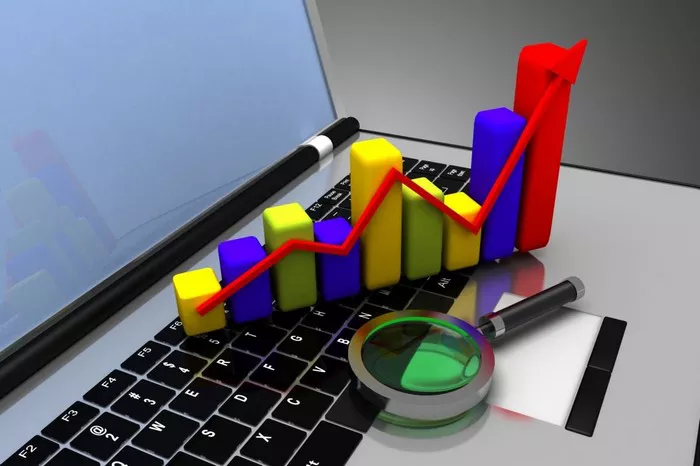At its core, the stock futures market is a realm where financial contracts are traded, with the underlying asset being shares of a specific stock. These contracts obligate the buyer to purchase a predetermined quantity of shares at an agreed-upon price on a specified future date, while the seller commits to selling the shares at the agreed price. Essentially, stock futures allow investors to speculate on the future price movements of individual stocks or market indices.
Purpose and Function
The stock futures market serves several key functions in the realm of finance. Primarily, it provides a platform for investors to hedge against potential losses in their stock positions. Additionally, it offers an avenue for speculation, allowing traders to profit from anticipated price movements without directly owning the underlying shares. This dual role of hedging and speculation contributes to the market’s liquidity and efficiency.
Participants
Various players participate in the stock futures market, each with their own motivations and strategies. Individual traders, institutional investors, speculators, and market makers all contribute to the market’s dynamics. Individual traders often engage in futures trading to diversify their investment portfolios or to hedge against adverse price movements in their stock holdings. Institutional investors, such as hedge funds and pension funds, may utilize futures for similar purposes on a larger scale. Speculators aim to profit from short-term price fluctuations, while market makers facilitate trading by providing liquidity and ensuring smooth market functioning.
Mechanics of Trading
Trading stock futures typically occurs on regulated exchanges like the Chicago Mercantile Exchange (CME) or the Intercontinental Exchange (ICE). Investors can buy or sell futures contracts through futures brokers, who act as intermediaries between traders and the exchange. Margin trading is a common practice in futures markets, allowing investors to control large positions with a fraction of the total value. However, margin trading amplifies both profits and losses, making risk management crucial for futures traders.
Specific Contracts
Stock futures contracts consist of several key components, including the underlying stock, contract size, expiration date, and tick size. The underlying stock represents the equity security upon which the futures contract is based. Contract size refers to the quantity of shares covered by a single futures contract. Expiration dates specify when the contract will mature, at which point the buyer is obligated to purchase the shares, or the seller is obligated to deliver them. Tick size denotes the minimum price movement of the futures contract.
Price Determination
Several factors influence the price of stock futures contracts, reflecting the anticipated future value of the underlying stock. These factors include the spot price of the underlying stock, prevailing interest rates, expected dividends, and overall market sentiment. Changes in any of these variables can impact futures prices, leading to opportunities for traders to profit from price disparities.
Risk and Rewards
Trading stock futures offers both opportunities and risks for investors. While futures trading allows for potential profits from both rising and falling stock prices, it also exposes traders to significant risks. Market volatility can lead to sudden and substantial price fluctuations, amplifying potential gains or losses. Additionally, the leverage inherent in futures trading can magnify both profits and losses, making risk management essential for successful trading.
Regulation and Oversight
The stock futures market operates within a regulatory framework designed to safeguard market integrity and protect investors. Regulatory bodies such as the Commodity Futures Trading Commission (CFTC) in the United States oversee futures exchanges and enforce rules to ensure fair and transparent trading practices. These regulations help maintain market stability and investor confidence in the futures market.
Examples and Applications
Real-world examples illustrate the diverse applications of stock futures trading. Investors may use futures contracts to hedge against adverse price movements in their stock portfolios. For instance, a fund manager concerned about potential market downturns may choose to short stock index futures to offset losses in their equity holdings. Similarly, traders may speculate on the future performance of individual stocks by buying or selling futures contracts based on their market outlook.
Conclusion
In conclusion, understanding the stock futures market is essential for investors seeking to diversify their portfolios and manage risk effectively. By providing a platform for hedging and speculation, stock futures play a vital role in modern financial markets. Whether used for risk management or profit-seeking purposes, futures trading offers opportunities for investors to navigate dynamic market conditions and achieve their financial objectives. As with any investment strategy, thorough research, careful risk assessment, and adherence to regulatory guidelines are paramount for success in the stock futures market.


